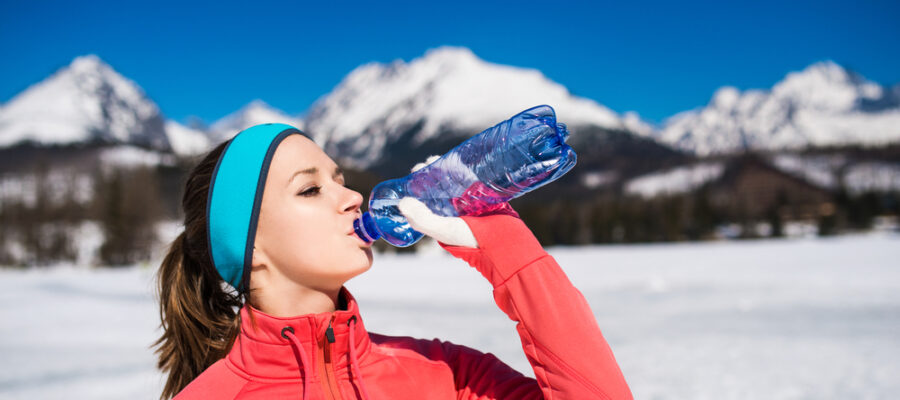To make the most of your cross-country skiing adventure, it’s essential to provide your body with the right fuel and hydration.
Skiing is a physically demanding activity that can burn a significant number of calories, so proper nutrition is vital for maintaining energy levels, enhancing endurance, and ensuring an enjoyable experience on the trails.
1. Pre-Ski Nutrition
Before you hit the trails, it’s crucial to fuel up with a balanced meal that provides sustained energy. Here are some pre-ski nutrition tips:
- Complex Carbohydrates: Consume complex carbohydrates like whole grains, oats, and fruits. These provide a steady release of energy during your ski.
- Protein: Include lean proteins such as chicken, tofu, or beans. Protein helps repair and maintain muscles during prolonged physical activity.
- Healthy Fats: Incorporate healthy fats from sources like avocados, nuts, and olive oil. These fats provide a concentrated source of energy.
- Hydration: Start your day with a glass of water to ensure you’re adequately hydrated. Dehydration can impair performance and lead to fatigue.
- Timing: Ideally, eat a balanced meal 2-3 hours before skiing to allow for digestion. If you’re skiing in the morning, a smaller snack 30 minutes to an hour before hitting the trail can provide a quick energy boost.
2. On-the-Trail Nutrition
During your skiing adventure, it’s essential to stay fueled and hydrated. Consider these tips:
- Water: Carry a water bottle or hydration system, and take regular sips to stay hydrated. Dehydration can lead to a drop in performance and increase the risk of fatigue.
- Electrolytes: For longer ski sessions, consider electrolyte supplements or sports drinks to replace lost salts. This helps maintain proper muscle function and hydration.
- Energy Snacks: Pack energy-rich snacks like trail mix, energy bars, or dried fruits. These provide quick, easily digestible fuel during your ski.
- Gels or Gummies: Some skiers prefer portable energy gels or gummies for a convenient energy boost. These products are designed for quick absorption.
- Frequency: Consume small, frequent snacks rather than large meals during extended skiing sessions. This helps maintain a steady energy supply.
3. Post-Ski Nutrition
After your ski, it’s crucial to replenish your body’s stores and aid recovery:
- Protein: Consume a protein-rich meal or snack within an hour after skiing to aid muscle recovery. Options include a protein shake, yogurt, or lean meat.
- Carbohydrates: Replenish glycogen stores by including carbohydrates in your post-ski meal. Whole grains, pasta, or rice are good choices.
- Hydration: Continue to hydrate after skiing to replace any fluids lost during your workout.
- Electrolytes: If you’ve sweated heavily, consider consuming foods or drinks with electrolytes to restore your body’s salt balance.
4. Personalized Nutrition
Remember that everyone’s nutritional needs are different, so it’s essential to find what works best for you through trial and error.
Pay attention to your body’s cues, such as hunger, thirst, and energy levels, and adjust your nutrition plan accordingly.
5. Special Considerations
- Cold Weather: In cold conditions, your body may burn more calories to stay warm. Consider increasing your calorie intake to compensate for this.
- Altitude: If skiing at higher altitudes, your body may require more carbohydrates for energy. Be mindful of your carbohydrate intake.
- Allergies and Dietary Restrictions: If you have food allergies or dietary restrictions, plan your meals and snacks accordingly to ensure you’re adequately fueled.
Proper nutrition and hydration are essential for a successful and enjoyable cross-country skiing adventure.
By providing your body with the right fuel, you’ll have the energy and endurance to explore the trails, enjoy the winter scenery, and make the most of your time in the great outdoors.

